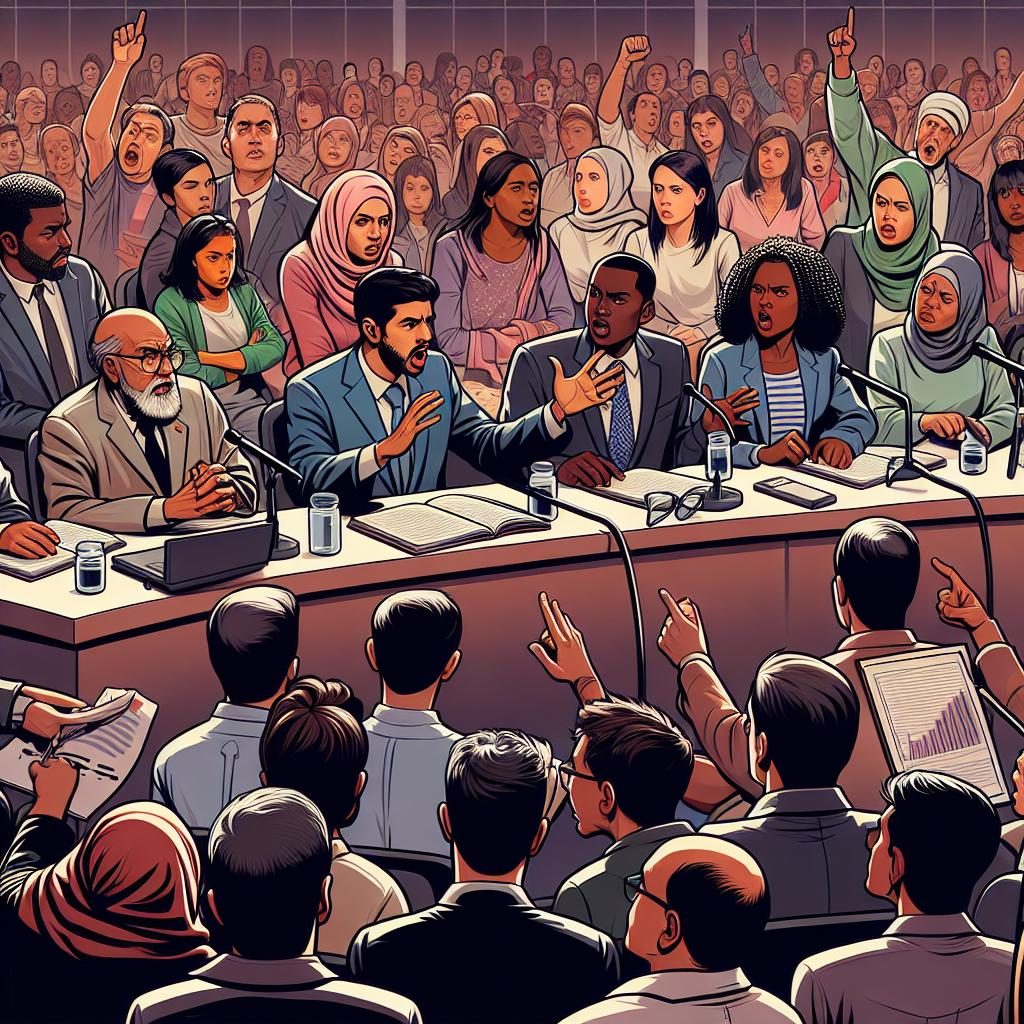Columbia, S.C. — A Call for Reconsideration of School Vouchers
In an interesting turn of events, South Carolina’s Governor, Henry McMaster, has put in a formal request for the state’s highest court to rethink its recent decision regarding a much-debated school voucher program. This move comes just two weeks after the South Carolina Supreme Court made a ruling that significantly impacted the new initiative known as the Education Scholarship Trust Fund program.
Understanding the Voucher Program
The voucher program was intended to provide financial assistance to families living below a certain income level, giving them $6,000 a year to help cover school-related expenses. However, only weeks into the school year, the Supreme Court ruled that using public funds from this program for private school tuition was unconstitutional. In a tightly contested 3-2 decision, the justices determined that allowing such funding directly benefits private and religious schools, which is prohibited under South Carolina’s constitution.
Current Participation Rates
Despite the setback, the program has attracted nearly 3,000 participants in its first round this year, and many families have been eager to utilize their scholarship dollars for various educational needs. While the court’s ruling removed the option for private school tuition, families still have the opportunity to spend their funding on other allowable expenses. These expenses include vital educational tools like tutoring, textbooks, and tuition fees for public schools that might charge for students living outside their districts.
The Governor’s Standpoint
Highlighting the significance of this program, Governor McMaster argued that the court’s decision is “fundamentally flawed.” He expressed that the legislative body had invested considerable effort into crafting a strategy to ensure that the fund would be viewed as an indirect benefit, especially given that it targets lower-income families and is limited in its scope. “We think it’s a good law, and that’s why we’re asking for a rehearing,” McMaster shared with reporters.
Initial Legal Challenge
The legal battle began when a group of five South Carolina parents, alongside organizations such as the South Carolina State Conference of the NAACP and the South Carolina Education Association, filed a lawsuit challenging the program’s constitutionality. Their actions led to the pivotal ruling from the Supreme Court that has now prompted the governor’s request for review.
Legislative Response
The day before McMaster’s petition for a rehearing, key Republican leaders in the legislature made their position clear. Senate President Thomas Alexander and House Speaker Murrell Smith released a joint statement indicating that they would not align with the governor in his request. Instead, they expressed plans to address the voucher program when lawmakers reconvene in January. This stance could indicate a broader hesitance or caution among some members of the legislature regarding the school funding initiative.
The Path Ahead
With the future of the Education Scholarship Trust Fund program hanging in the balance, it seems there are still many discussions to be had. Families who were counting on this financial support for educational purposes are now left awaiting news on the next steps. As both the court’s decision and legislative discussions unfold, it is clear that the conversation surrounding educational funding and accessibility will continue to evolve in South Carolina.
For now, the future of school vouchers in the state remains uncertain, and the dialogue between the governor, the Supreme Court, and the legislature will play a crucial role in shaping the educational landscape for families across South Carolina.








